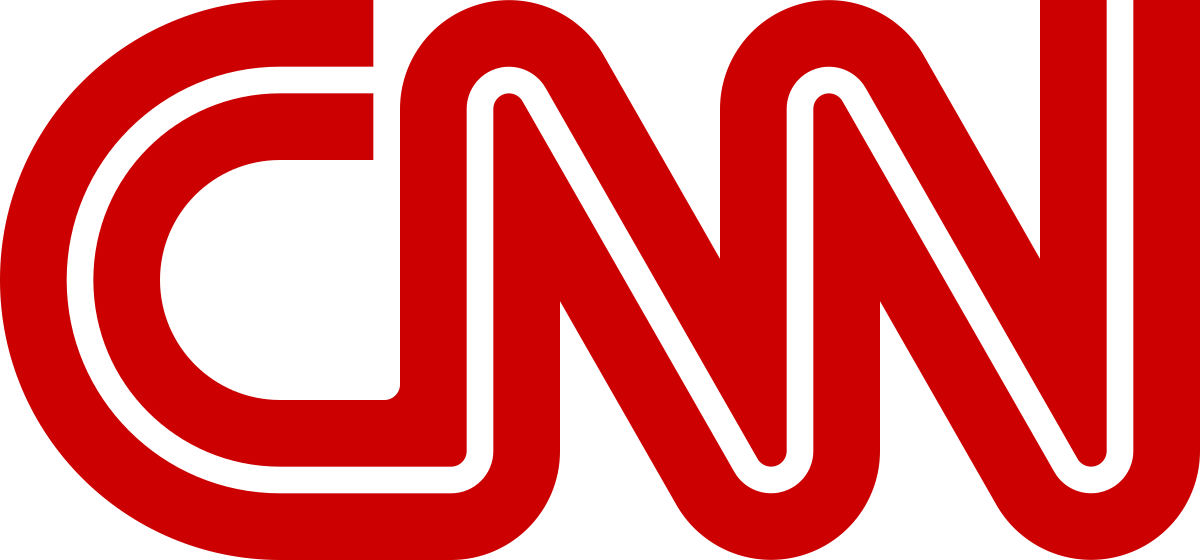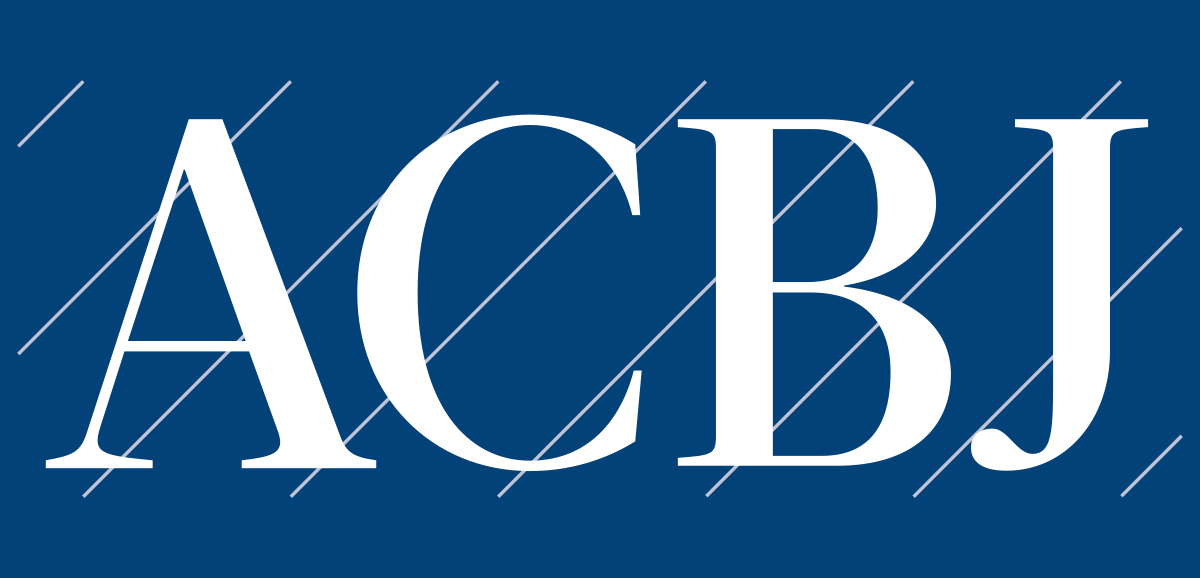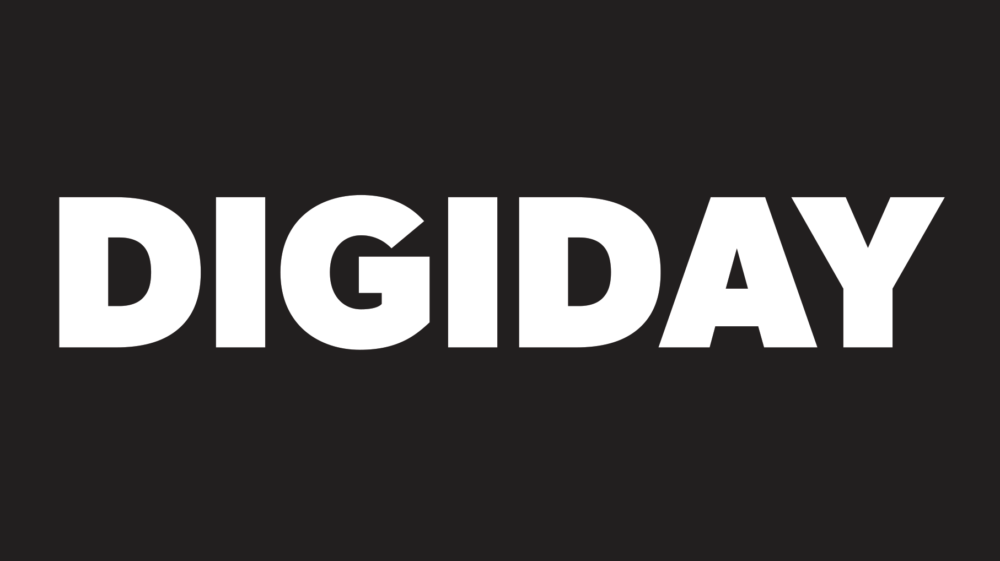New York City’s ban on unvaccinated employees has left construction pros doing business there questioning how to comply with the rule and who will enforce it.
Since December, workers have been required to show proof of at least one dose of a COVID-19 vaccine. Starting Thursday, workers, including subcontractors, must show proof they have received the second dose of the COVID-19 vaccine to continue coming to work, if their first shot was not the single-dose Johnson & Johnson. Proof of a booster shot is not required.
“We’re still at a point where there’s some degree of compliance,” said Mark Kluger, an attorney and founding partner at Kluger Healey, a management-side employment law firm that represents construction companies. “But I wouldn’t hazard to guess that there’s 100% degree of compliance at this point.”
But while New York City employers in general are working to comply with the mandate, it’s easier to enforce it in a 9-to-5 office setting where the same employees report to work each day than in-the-field environments like construction, he said.
“The construction industry is in a slightly different situation,” Kluger said. “You’ve got a prime contractor on the jobsite, there are subs coming and going at various stages of a project, and being able to manage who’s vaccinated and who’s not is a little more challenging.”
In addition, the national vaccination rate for workers in construction remains below 60%, compared to 84% for all other occupations, according to data tracked by CPWR, a nonprofit construction safety research firm.
The final deadline
Following a Supreme Court ruling last month, the Department of Labor pulled its nationwide emergency temporary standard requiring COVID-19 vaccination or testing for workers at firms with 100 employees or more.
But that withdrawal has no effect on New York’s mandate. Kluger said Feb. 10 will be the “final deadline before there’ll be any efforts to enforce.”
Enacted by former Mayor Bill de Blasio in December, the New York City mandate is aimed at private businesses of all sizes. It will affect roughly 184,000 businesses and hundreds of thousands of employees. It will be enforced by New York City inspectors from various agencies starting this week, with fines beginning at $1,000.
According to a statement from New York City Hall shared with Construction Dive, the focus of the mandate is compliance. That means the city will help businesses and stakeholders to implement the mandate and engage with employers to get workers vaccinated instead of going straight to fines, according to a City Hall spokesperson.
Which agencies will enforce the mandate for construction firms is still unclear. The New York City Department of Buildings told Construction Dive it will not be handling the enforcement of vaccine requirements for private employers.
Legal action
The Building and Construction Trades Council of Greater New York (BCTC), an organization that represents more than 100,000 trades workers across New York City, has been working with its members to comply with the new rule.
“The implementation of new safety protocols, including vaccine mandates, are bound to create some uncertainty in the industry,” said Gary LaBarbera, BCTC’s president. “We’ve been helping our members navigate all health and safety measures that help secure worksites from the spread of the virus.”
And while firms ramp up to meet the approaching standard, a lawsuit, filed on Jan. 5, is challenging the validity of the NYC rule, according to the Associated Press.
“It’s important to keep an eye on the litigation,” said Kluger. “If there’s going to be any drastic change in terms of the enforcement of the New York City law, it will happen in this court case.”
While some contractors and unions in the city have expressed skepticism about enforcement for all private-sector workers, others are welcoming the push for COVID-19 vaccination.
Benjamin Mensah, chairperson at B.A.K. Construction, a Bronx, New York City-based general contracting company, touched on the importance of minimizing exposure for workers and protecting families in the community.
He said the mandates have both positively affected the construction industry and provided “safety measures for construction workers to work diligently while on the worksite.”
The general contracting company encourages its employees and vendors to get vaccinated, provides testing kits if symptoms emerge on site and supports time off if a worker does test positive, said Mensah.
New York City snapshot
Meanwhile, Manhattan construction activity continues on an upward trend despite a decrease in new projects due to COVID-19, according to a recent New York Building Congress report. The borough’s construction starts are valued at $7 billion, a $1 billion increase since 2020.
The number of COVID-19 cases reported in the city since the omicron surge began late last year decreased over 80% since a peak in early January, according to New York City Mayor Eric Adams. He said that more than 75% of all New Yorkers are fully vaccinated.
“What’s really important to keep an eye on is the degree to which the city will try to enforce this,” said Kluger. “It’s a very heavy manpower-driven law that will require a lot of boots on the ground for the city to get any traction.”









